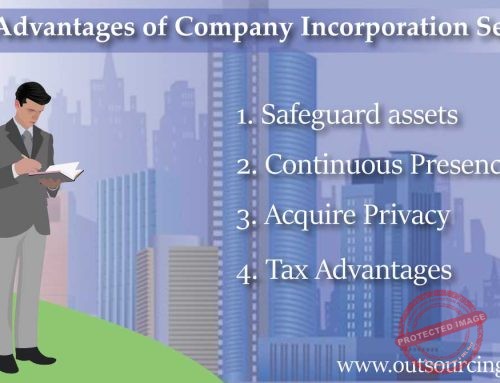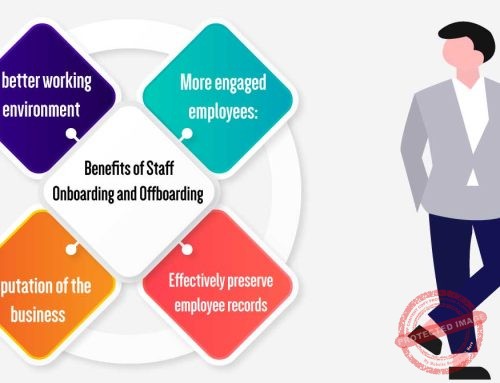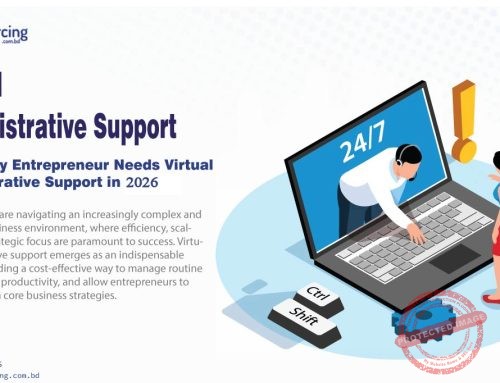Rental management is critical to enhancing tenant retention by creating a great living experience for tenants. Effective rental managers have an open channel of communication, respond quickly to tenant concerns, and handle maintenance issues effectively.
Furthermore, rental managers can boost tenant retention by promoting a sense of community among residents and fostering strong relationships and a pleasant living environment. Regularly assessing market rents and ensuring rents are fair can also help.
Equally important is the process of vetting potential tenants thoroughly to ensure they are a good fit for the property, which can lead to longer tenancies. By adopting these strategies, rental management can significantly increase tenant retention and stable rental income.
Now the question comes up, “Why Is Regular Property Inspection Important in Rental Management?”
Regular property inspections in rental management are crucial for ensuring tenant lease compliance, identifying and addressing maintenance issues promptly, maintaining property value, ensuring tenant satisfaction, and fulfilling local safety and health regulations.
Discuss it in depth down below!
Why Is Regular Property Inspection Important in Rental Management?
Regular property inspections are crucial in rental management for several reasons. They help ensure that tenants are adhering to the terms of their lease, such as restrictions on smoking, pets, or unapproved alterations to the property.
Inspections provide an opportunity for managers to identify and address maintenance issues proactively. This not only prevents minor issues from escalating into costly repairs but also helps to maintain the overall value and condition of the property.
Regular inspections also demonstrate to the tenants that the rental manager is invested in maintaining a high-quality living environment. Additionally, these inspections provide documentation of the property’s condition, which can be valuable if disputes arise over damage or if eviction becomes necessary.
Lastly, in certain locations, regular inspections may be required to ensure compliance with local safety and health regulations. Hence, regular property inspections are a vital part of effective rental management.
Benefits of Hiring a Rental Management Company
Hiring a rental management company offers several benefits for property owners:
1. Expertise in Rental Operations
Rental management companies have extensive knowledge and experience in handling all aspects of property management, from tenant screening to lease agreements, rent collection, and handling tenant complaints.
2. Maintenance and Repairs
These companies often have a network of trusted maintenance workers, tradesmen, contractors, and suppliers, which can be invaluable when it comes to regular maintenance and urgent repairs.
3. Marketing and Tenant Retention
Rental management companies are skilled in effectively marketing properties to minimize vacancies. They also have strategies in place to retain good tenants, reducing turnover and its associated costs.
4. Legal Issues and Compliance
Property managers are knowledgeable about local, state, and federal laws relating to rental properties, reducing the risk of potential legal issues.
5. Time and Stress Reduction
Managing a rental property can be time-consuming and stressful. A rental management company handles all of the day-to-day tasks and issues, freeing up time for the property owner.
6. Financial Management
Rental management companies handle the financial aspects of owning a rental property, including rent collection, record-keeping, and even tax preparation.
7. Regular Property Inspections
These companies conduct regular inspections to ensure that the property is well-maintained, and any issues are addressed promptly, ensuring the long-term value of the property is preserved.
What Are the Legal Aspects to Consider in Rental Management?
Rental management covers various legal issues and property operations. Rental managers must be well-versed in local, state, and national housing laws, including fair housing needs that ban discrimination based on race, family status, or limitation.
Rental agreements and leases should be legally sound, clearly outlining the rights and responsibilities of both landlords and tenants. Landlords must adhere to laws related to property safety and habitability, ensuring that rental properties meet all health and safety codes.
Furthermore, rental managers must understand the laws surrounding security deposits, including collection, allowable deductions, and timely return. Privacy laws are another important consideration, with landlords typically required to give notice before entering a tenant’s unit.
Finally, if a rental manager hires staff, they must comply with employment laws. Failure to understand and comply with these legal aspects can lead to costly fines or lawsuits.
Therefore, it’s crucial for anyone involved in rental management to either understand these laws thoroughly or hire a professional who does.
What Are Some Common Mistakes to Avoid in Rental Management?
In rental management, several common mistakes should be avoided to ensure smooth and successful operations:
1. Poor Tenant Screening
Failing to screen potential tenants thoroughly can lead to numerous problems, such as late or missed rent payments, and potential eviction proceedings. A thorough screening process should include credit checks and reference checks.
2. Neglecting Maintenance
Delaying or ignoring maintenance requests can lead to larger, costlier repairs in the future, and can also sour the landlord-tenant relationship, potentially leading to vacancies.
3. Ignoring Tenant Rights
Not understanding or respecting tenant rights, such as the right to quiet enjoyment and privacy, can lead to legal trouble. Familiarity with local, state, and federal laws governing tenant rights is crucial.
4. Lack of Proper Documentation
Failing to maintain proper records, such as signed leases, inspection reports, maintenance requests, and payment records, can cause problems, especially if disputes arise between the landlord and tenant.
5. Setting Incorrect Rental Prices
If the rent is set too high, it may be difficult to find tenants; if it’s set too low, it may cut into profitability. Market research should be conducted to determine the optimal rental price.
1. Inadequate Insurance Coverage
Not having the right insurance coverage can lead to significant financial loss if something goes wrong, like a natural disaster or a lawsuit.
2. Failure to Enforce Lease Terms
Failing to consistently enforce the terms of the lease can lead to tenants not taking the rules seriously, potentially resulting in property damage or other issues.
What Role Does the Fair Housing Act Play in Rental Management?
The Fair Housing Act plays an essential role in rental management by providing a framework to prevent discrimination in housing.
It prohibits differential treatment based on race, color, national origin, religion, sex, familial status, or disability in any activities related to renting a property. This includes tenant screening, setting rental terms, and advertising.
The Act also mandates that reasonable accommodations be made for individuals with disabilities, which can include policy adjustments or physical modifications to the property.
Failure to comply with the Fair Housing Act can lead to legal repercussions such as fines and lawsuits. Therefore, understanding and adhering to the Act is a crucial part of responsible and ethical rental management.
5 top Tips to Consider Hiring a Rental Management Company
When considering hiring a rental management company, here are the top five tips to keep in mind:
1. Experience and Reputation
Check the company’s track record and years of experience in managing properties similar to yours. Online reviews and references can provide insights into their reputation and service quality.
2. Services Offered
Ensure the company offers all the services you require, such as property advertising, tenant screening, rent collection, property maintenance, financial reporting, and eviction handling.
3. Communication and Responsiveness
Effective and timely communication is crucial in rental management. Ensure that the company has a reputation for responding promptly to both landlords and tenants.
4. Fees and Contract Terms
Understand the fee structure and contract terms clearly. Typical fees may include a percentage of the monthly rent, setup fees, vacancy fees, and lease renewal fees.
5. Legal Knowledge
The company should be well-versed with federal, state, and local landlord-tenant laws, fair housing regulations, and eviction procedures. This will help avoid legal pitfalls that could potentially lead to costly fines or lawsuits.
Conclusion
Effective rental management is crucial for property owners seeking to maximize their investment returns, maintain the condition of their properties, and ensure a positive relationship with their tenants.
Successful rental management encompasses a range of responsibilities from meticulous tenant screening and regular property inspections to a comprehensive understanding of legal aspects such as the Fair Housing Act.
Several common mistakes can undermine these efforts, such as neglecting maintenance, failing to enforce lease terms, and setting incorrect rental prices. These professionals bring expertise in property operations, maintenance, legal compliance, and tenant relationship management.
FAQ
What does a rental management company do?
A rental management company handles the day-to-day operations of a rental property, including marketing, tenant screening, rent collection, maintenance, tenant complaints, and even evictions.
Can a rental management company help increase my property’s value?
Yes, through regular maintenance, upgrades, and ensuring high occupancy rates, a rental management company can help increase a property’s value over time.
What should I look for when hiring a rental management company?
Important factors to consider include the company’s experience and reputation, the range of services it offers, its communication and responsiveness, its fee structure and contract terms, and its knowledge of relevant laws and regulations.






